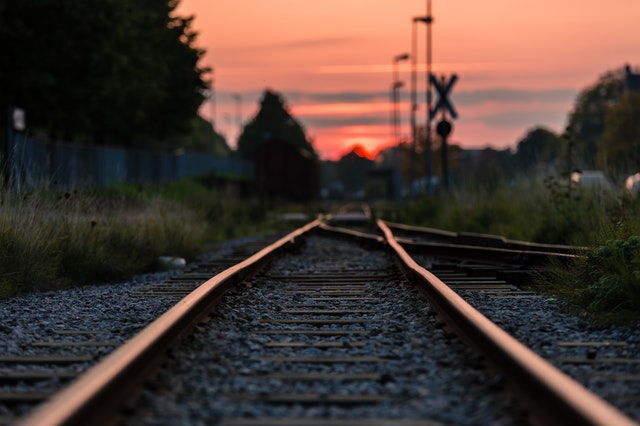Kano – An attack on a major Nigerian railway line left “injuries and other fatalities” after gunmen detonated a bomb on the track and opened fire on a halted train, authorities said on Tuesday.
The Monday night attack on a train linking the capital Abuja with the northwest city of Kaduna appeared to be another escalation by criminal gangs known locally as bandits.
Around 970 passengers were onboard the train when gunmen blew up the tracks and started shooting into the coaches before the army arrived to repel them, a security source said.
ALSO READ | PICS | Gunmen attack passenger train in northwest Nigeria
“Passengers who sustained injuries, and other fatalities, have been moved to hospitals,” Kaduna State security commissioner Samuel Aruwan said in a statement on Facebook, without giving further details.
Passengers had been evacuated by the armed forces but Aruwan also said search and rescue operations continued, suggesting some people were still missing.
Nigerian Railway Corporation said services on the Abuja-Kaduna route had been “temporarily suspended”.
Two days earlier, gunmen killed a perimeter security guard in an attack at Kaduna airport before armed forces intervened.
Gunmen also attacked the same railway line with an explosive in October.
ALSO READ | Nigeria’s ruling party names new chief to end disunity
Bandit gangs in the northwest and central Nigerian states have long terrorised communities, conducting mass kidnappings for ransom, raiding villages and stealing cattle.
But their violence has intensified. Gunmen often arrive in their scores by motorbike, sometimes striking several villages, killing and abducting residents.
Gunmen have also targeted highways for kidnappings between the capital and cities such as Kaduna and the northwestern commercial hub Kano.
Nigeria’s military has been carrying out operations and air strikes to clear bandits out of their camps hidden in forests that straddle several states in the northwest.
Security forces are also battling a 12-year jihadist insurgency in the northeast that has killed 40,000 people and displaced more than two million more.
Follow African Insider on Facebook, Twitter and Instagram
Picture: Unsplash
Source: AFP
For more African news, visit Africaninsider.com


